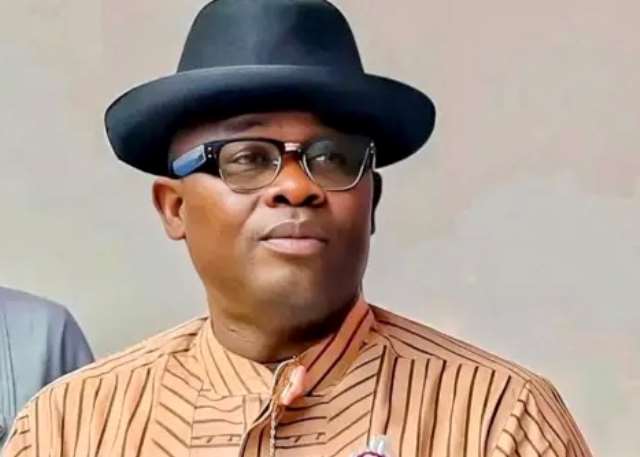The World Bank has made a significant commitment to supporting girls’ education in Nigeria, allocating $1.2 billion for investment in the sector across 18 states.
This substantial funding aims to improve access to quality education for girls, promoting greater equity and opportunities for future generations.
The states include Borno, Ekiti, Kebbi, Kaduna, Plateau, Katsina, Kano, Adamawa, Kogi, Nasarawa, Niger, Bauchi, Jigawa, Yobe, Kwara, Gombe, Sokoto and Zamfara.
The World Bank Country Director, Mr. Ndiame Diop, disclosed this at the relaunch of the Adolescent Girls Initiative for Learning and Empowerment (AGILE) programme in Abuja on Friday.
Diop, represented by Tina George, the Bank’s Senior Social Protection Specialist, said the initiative aims to provide comprehensive support to enhance adolescent girls’ secondary education and empowerment.
“AGILE is a transformative initiative that holds the potential to reshape the future of Nigeria.
“AGILE is a 1.2 billion U.S. dollar investment in human development as a multi-sectoral programme that is implemented at the federal and state levels.
“It is to provide comprehensive support to increase adolescent girls’ secondary educational attainment and empowerment.
“An educated girl is truly a mirror, a mother of her community. When a girl is educated and empowered, she is a reflection of the community around her,” he said.
He said the project also aims to empower adolescent girls through education and economic opportunities, reaching over 25 million beneficiaries.
According to Diop, the project targets 15.2 million students, including 8.6 million adolescent girls, both married and unmarried as well as those with disabilities in 18 states.
The AGILE programme does not only aim to support the girl-child, but also seeks to empower the entire community around her, helping them to see themselves in the mirror, he added.
Speaking on the progress of the project, he said that as of today, the AGILE programme has constructed 104 secondary schools and rehabilitated 3,922 schools to support both girls and boys.
He also mentioned that more than 2 million girls have directly benefited from the project, while over 1.7 million boys have also benefited.
He emphasized that collaboration among government bodies, traditional and religious leaders, educational institutions, and civil society organisations is essential in addressing the systemic barriers that hinder girls’ access to education.
He pledged the continuous support of the World Bank for initiatives that advance the development of education in the country.
























Leave a comment